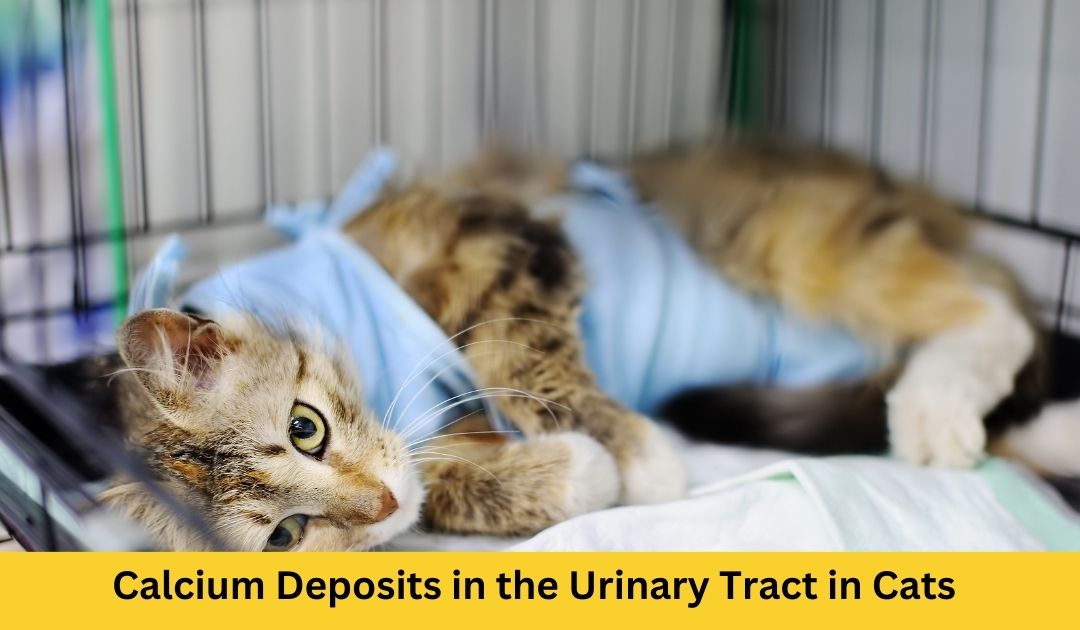Cat Diseases, Cat Health
Calcium Deposits in the Urinary Tract in Cats
Certainly! The article you provided discusses a common condition in cats known as urolithiasis: the formation of urinary tract stones. While there are several types of urinary stones, calcium oxalate stones are one of the most common in cats. This article will explore the common causes, symptoms, and treatment options for calcium oxalate urolithiasis in cats.
Table of Contents
Causes:
The exact cause of calcium oxalate urolithiasis is unknown, but several risk factors have been identified. These include:
- Genetics – Certain breeds of cats, such as Persians, are more susceptible to developing calcium oxalate stones.
- Diet – A diet high in calcium, oxalate, or vitamin D can increase the risk of stone formation.
- Dehydration – Cats who do not consume enough water are at a higher risk of developing urinary stones.
- Urinary tract infection – Infections in the urinary tract can increase the urine pH, making it more alkaline and increasing the risk of stone formation.
Symptoms:
Symptoms of calcium oxalate urolithiasis in cats can include:
- Straining to urinate
- Urinating frequently in small amounts
- Blood in urine
- Urinating outside the litter box
- Lethargy
- Loss of appetite
Treatment:
Treatment options for calcium oxalate urolithiasis in cats depend on the stone’s size and location. Small stones may be able to pass naturally, while larger stones may require surgical intervention. Treatment options include:
- Surgery is the most common treatment option for larger stones that cannot be passed naturally.
- Urethral stenting involves placing a stent in the urethra to allow urine to flow more freely and pass the stones.
- Lithotripsy – This is a procedure uses sound waves to break up the stones into smaller pieces that can be easily passed.
Prevention:
Prevention is key to reducing the risk of calcium oxalate urolithiasis in cats. Some preventative measures include:
- Providing clean, fresh water at all times.
- Feeding a balanced diet low in calcium, oxalate, and vitamin D.
- Encouraging regular exercise and playtime to promote hydration and urinary tract health.
- Routine veterinary check-ups to monitor your cat’s urinary tract health.
Conclusion:
Calcium oxalate urolithiasis is a common condition in cats that can cause discomfort and other health complications if left untreated. Understanding the causes, symptoms, and treatment options for this condition can help keep your feline friend healthy and happy. Remember, preventative measures such as a balanced diet and regular exercise can help reduce the risk of developing urinary stones in cats.


